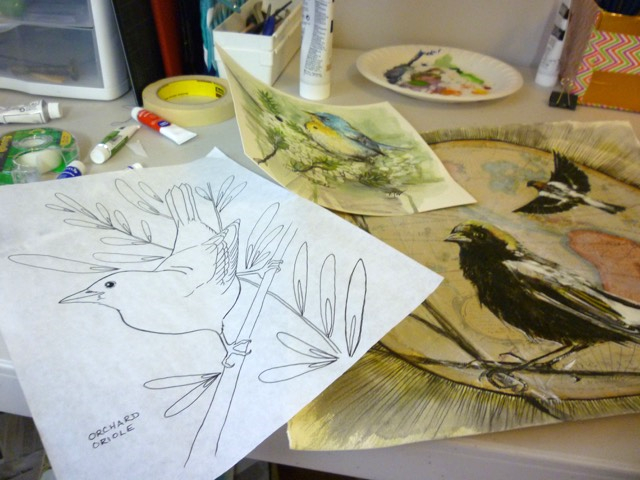Madagascar Heeds Global Outcry and Bans Rainforest Timber Exports!!!
Madagascar's transitional government has reinstated the ban on exportation of rosewood taken illegally from the island's national parks. The decree, issued last week, prohibits all exports of rosewood and precious timber for two to five years. The sale and export of this old growth, endangered, rosewood would profit poachers and encourage further illegal logging on an island with deforestation already visible from outer space.
Last week's decree is seen as an important first step against the ongoing environmental crime and crisis in Madagascar. What will happen with the country's nearly 15,000 metric tons of illegally harvested rosewood is uncertain. No word yet if illegal loggers and traders will be prosecuted. The current government, which seized power during a political coup 1 year ago, has neglected to enforce conservation laws leading to organized environmental crime syndicates, illegal poaching of flora and fauna, and the temporary closure of a national park due to the looting. Tens of thousands of hectares are reported to have been affected during this short time.
The island of Madagascar is a biodiversity hot spot; 80% of the species that occur on the island live nowhere else on earth, and a great deal of these species are vulnerable to extinction. 90% of the island’s natural ecology has already been destroyed by logging, mining, and slash and burn agriculture. The IUCN Red List currently includes 472 species at risk in Madagascar, among them are some of the most threatened species on the planet.
ESPP has been following the environmental devastation in Madagascar. We have written articles and even got the Endangered Strangers on board. To date ESPP has produced three prints supporting species in Madagascar: the Indri lemur, the Madagascar fish-eagle, and the Golden-crowned sifaka lemur. 100 % of the proceeds of the sales from these prints will go to support conservation efforts for these species.Prints can be purchased on the ESPP website.
Last week's decree is seen as an important first step against the ongoing environmental crime and crisis in Madagascar. What will happen with the country's nearly 15,000 metric tons of illegally harvested rosewood is uncertain. No word yet if illegal loggers and traders will be prosecuted. The current government, which seized power during a political coup 1 year ago, has neglected to enforce conservation laws leading to organized environmental crime syndicates, illegal poaching of flora and fauna, and the temporary closure of a national park due to the looting. Tens of thousands of hectares are reported to have been affected during this short time.
ESPP's Indri Lemur print
The island of Madagascar is a biodiversity hot spot; 80% of the species that occur on the island live nowhere else on earth, and a great deal of these species are vulnerable to extinction. 90% of the island’s natural ecology has already been destroyed by logging, mining, and slash and burn agriculture. The IUCN Red List currently includes 472 species at risk in Madagascar, among them are some of the most threatened species on the planet.
ESPP has been following the environmental devastation in Madagascar. We have written articles and even got the Endangered Strangers on board. To date ESPP has produced three prints supporting species in Madagascar: the Indri lemur, the Madagascar fish-eagle, and the Golden-crowned sifaka lemur. 100 % of the proceeds of the sales from these prints will go to support conservation efforts for these species.Prints can be purchased on the ESPP website.
Click our Madagascar tag for related stories. And remember, public outcry has forced the hand of the transitional government on this issue, proof we can all make a difference!



That's great news. Great first step
ReplyDelete